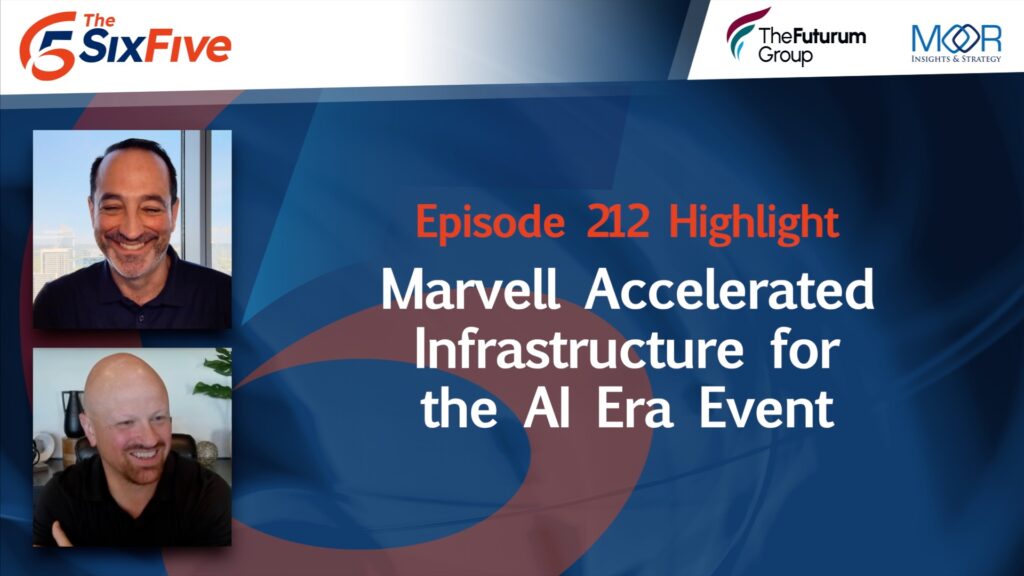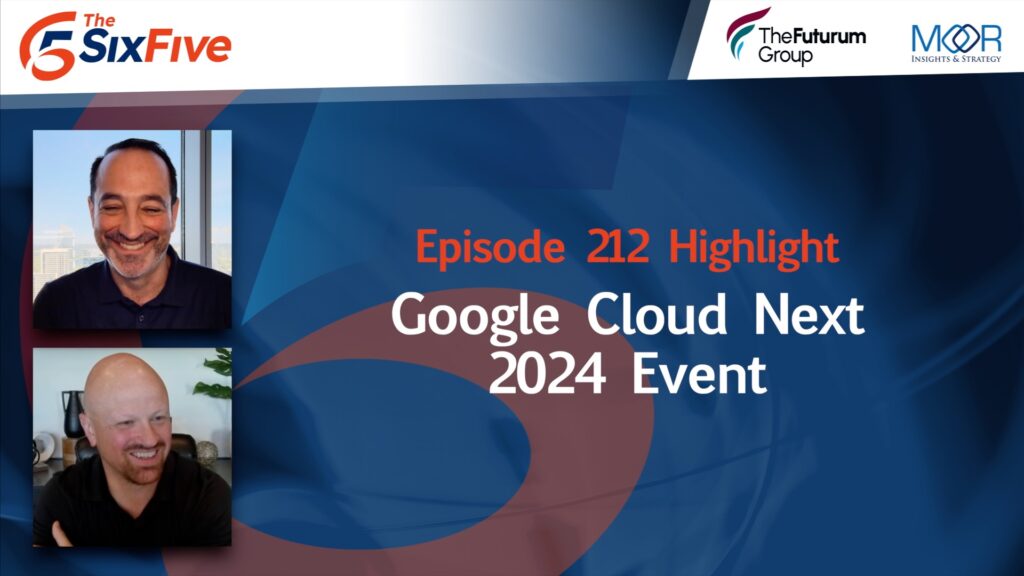One of the key challenges with the purchase of any product is visualizing how it will look, act, and feel once it has been purchased. Retail stores were among the first to launch software that allowed users to virtually “try out” everything, from clothing to furniture to appliances, to help the customer visualize the ownership experience.
For higher price purchases, this ability to virtually assess a product before making a decision has been critical, not only due to the presence of COVID-19 restrictions during 2020 and much of 2021, but as a way to cater to customer demands for more personalized and convenient shopping convenience. A great example of this approach can be seen with electric automobile nameplate Lucid Motors, which partnered in 2020 with ZeroLight, a cloud-based 3D visualization specialist offering car configuration and content production solutions to the automotive industry.
The two companies partnered to launch a cloud-powered purchase journey for customers interested in exploring, customizing, or purchasing a new Lucid Air pure-electric luxury vehicle. The automaker launched the “Design Yours” configurator experience to meet the needs of luxury buyers who want a hybrid shopping experience that links virtual and real-world experiences.
According to ZeroLight and Lucid, the configurator is deployed and streamed from the cloud, and permits the customer to choose between several interchangeable California-inspired backgrounds, with life-like attributes, including moving ocean waves and chirping birds, to create a realistic-looking virtual environment. This environment is made possible using ray-tracing technology, which is the same technology used in advanced video games to bridge virtual and physical worlds. A full digital twin model of the Lucid Air car was created by the same data used to design the car itself, which means that the configurator can be instantaneously updated as new features, colors, or materials are made available.
From a CX perspective, Lucid Motors worked with ZeroLight to seamlessly integrate each stage of the customer journey into a consistent, end-to-end experience that blurs the lines between an online and in-store experience. A cloud-based approach allows the implementation of personalized interactions with customers in real time, at each stage of the customer journey, and enables a customer to interact with a car from the comfort of their home, while a sales representative virtually guides them through its key features and configuration options, within the Lucid Live Studio platform.
A typical customer journey might begin with the use of the Design Yours configurator, which enables vehicle exploration and configuration on any device. Then, a customer could move in-store to one of Lucid’s Studios, where customers can then use a 4K VR configurator to finalize their choices before purchase.
If the customer prefers to stay online, the in-store experience can be brought to them virtually through a digital, one-to-one experience between customer and salesperson. Leveraging ZeroLight’s Concierge product enables a customer to interact with a digital model of the Air, while being guided through its key features and configuration options.
In each of these scenarios, Lucid Motors is focused on providing similar, consistent customer experiences as they configure the vehicle, regardless of whether they are using an in-person configurator within the Lucid Studio, or at home on their preferred device.
According to ZeroLight, its 3D interactive configurators enable consumers to explore and spec every angle, both inside and out of a car, creating a highly immersive experience that can give customers the confidence to buy a car online thanks to the level of detail provided. When comparing the 3D interactive configurator to the more traditional 2D picture-based experience, the company has seen, on average, that users will spend 28% more time on the Lucid configurators, indicating a higher level of engagement, which may lead to a purchase.
Author Information
Keith has over 25 years of experience in research, marketing, and consulting-based fields.
He has authored in-depth reports and market forecast studies covering artificial intelligence, biometrics, data analytics, robotics, high performance computing, and quantum computing, with a specific focus on the use of these technologies within large enterprise organizations and SMBs. He has also established strong working relationships with the international technology vendor community and is a frequent speaker at industry conferences and events.
In his career as a financial and technology journalist he has written for national and trade publications, including BusinessWeek, CNBC.com, Investment Dealers’ Digest, The Red Herring, The Communications of the ACM, and Mobile Computing & Communications, among others.
He is a member of the Association of Independent Information Professionals (AIIP).
Keith holds dual Bachelor of Arts degrees in Magazine Journalism and Sociology from Syracuse University.









